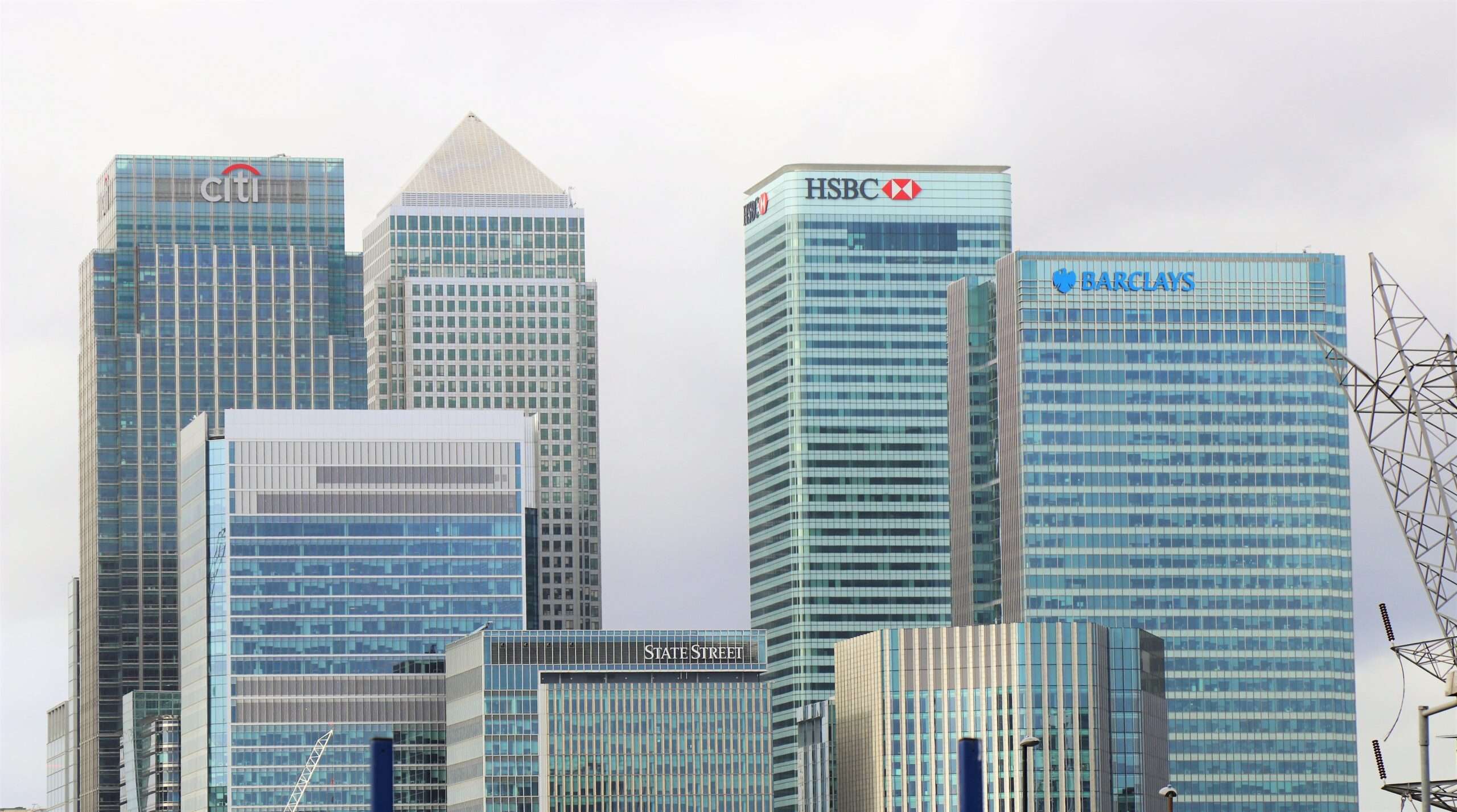
If you’ve had issues in the past with getting your money straight and knowing what should be for what, I feel your pain. It can be difficult figuring out how your money is being allocated, and a lot of the time, it becomes quite confusing. This is why it’s good to have a variety of bank accounts that rid you of this hassle.
It’s good practice to sort your money into different account types for your spending, saving, and investment needs. Doing so allows you to maximise the return from your bank, minimise the fees you pay, and manage your money more conveniently.
Different types of bank accounts serve different needs. Setting up the following 5 bank accounts will help you to not only keep your money organised, but also take advantage of certain benefits and incentives, and stay on track to reach your financial goals. Sounds great right?
There are 5 types of personal bank accounts I recommend you should have in the stated order. My categories are based on the function of the money put into them rather than anything else. Here goes

1) Expenses account
This is dedicated to the money you’ll use for your regular day-day spending. Handy for recurring expenses like groceries, transportation, utilities, etc. So basically it’s your cash flow for short-term use. This should be straightforward.
The account you use for this should not have a limit to the number of transactions you can make because of its frequent usage. Due to the maintenance fees and poor interest rates (if any) attached to them, they’re not a good place for you to store a lot of your money. Just necessary funds for the short term.
2) Savings account
It is an incredibly important financial tool to have. That amount of money you’re meant to be paying yourself first (be it 10% of your income or otherwise) so you can cater to your goals and have a cushion to fall back on on a rainy day should go to a savings account.
Whether your goal is to purchase a gadget, or car, or go on vacation, having an account to house your savings towards these goals is key. Also, life is unpredictable. So making sure you have adequate savings to help you face the unexpected and reduce financial stress is important.
That being said, besides the transaction limit such accounts tend to have, a typical savings account doesn’t provide high enough interest rates to keep up with inflation, so you won’t want to keep too much of your money in them either.
3) Emergency fund account
An emergency fund is a cash reserve specifically set aside for financial emergencies like unexpected medical bills, property repairs, a loss of income source and so on. Trust me when I say you need this one!
It is often preached that you have about 3-6 months of living expenses safely stowed away to cater to emergencies that crop up, and I dare say it is better to have even more than that.
A high-yield savings account or Money Market account would serve well for your emergency fund because of the higher interest it accrues and its accessibility.
If you don’t already have an emergency fund set up, it may sound rather intimidating to save up enough money for it but fret not. It is not as daunting as you might think. You can read all about how much to save and how to build one here.

4) Investment account
This is where the money you are dedicating to all your investments can go. And this is where things get really interesting because I don’t just mean your financial investment like stocks, real estate, cryptocurrency and the likes.
The money here can also cater to the investments in your personal development (books, courses, training events, formal education) and in your health (checkups, insurance premiums, etc). This is new information, isn’t it? Something to think about.
The money you pool here first is then divested into your investment goals. If you allocate a percentage of your income toward investments, you can consider automating the payments from your income account into this investment account.
5) Charity account
For a good number of us, we give people a helping hand every now and again, gift others, and donate to certain causes dear to us. It can be tough learning to say “NO” when we cannot afford to, or not even realising we are hurting our finances by giving what we are asked to.
So this is my humble suggestion. After doing the math on what you can truly afford to part with, periodically have specific amounts of money in your charity account that cater to such needs when they arise. Make sense? It was saved for last for a reason.
I trust that doing these would help organise your finances a lot better. By doing the work to set up all 5 bank accounts, tracking your expenses would go a lot smoother.
If you’re a pen-and-paper kind of person like I am, using a dedicated book is a great way to document the ins and outs. If not, using an app is a great alternative. Goodluck!
Kindly let me know in the comments if you found this piece to be helpful.

2 replies on “5 Bank Accounts Every Adult Should Have And Why”
The point of view of your article has taught me a lot, and I already know how to improve the paper on gate.oi, thank you. https://www.gate.io/signup/XwNAU
You’re welcome…. I’m curious. What paper is that?